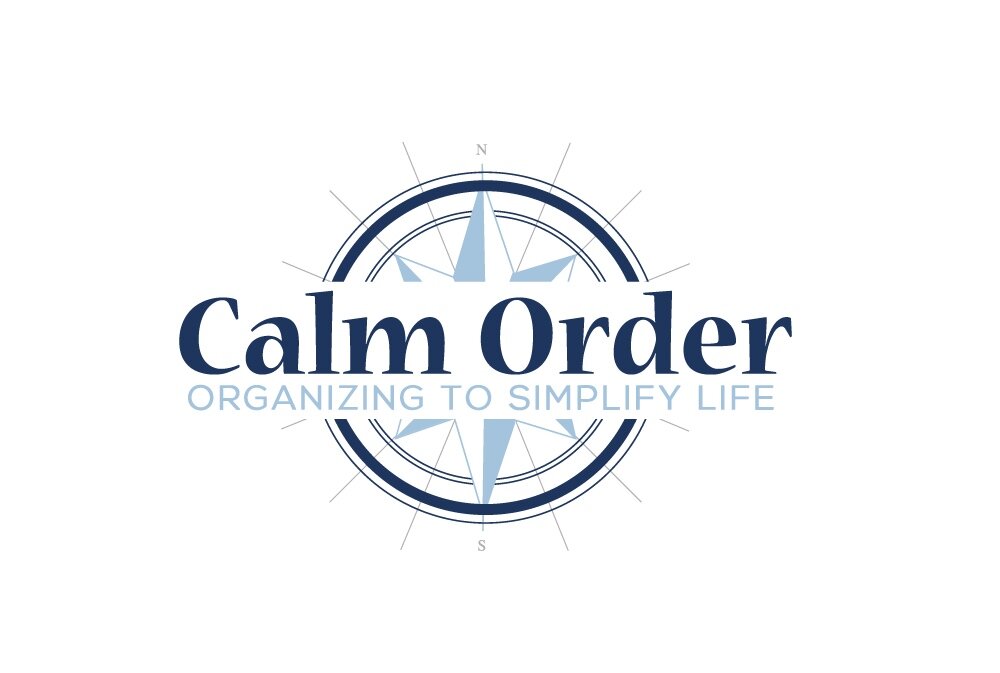During the summer, taking a long vacation may not be possible, but a weekend getaway is easy to do, especially in a central location like Calgary. Whether you’re thinking of heading out to the mountains or taking a trip through the prairies, take the time to plan a weekend trip that you’ll be able to enjoy!
1. Plan your route
It’s easy to jump in your car and head out for the weekend, but unexpected road construction or traffic can delay an already short trip. Before you head out, plan what route you will drive to get to your destination. Be sure to check traffic and weather reports to make sure that your route is clear, and make yourself familiar with alternate routes in case you encounter any further problems on the road. If you’re flying, try to book a direct flight, or try to minimize the number of connections you must make. Layovers and baggage transfers are only some of the flying steps that can put a major delay in your trip, so try to streamline your air travel as much as you can. If you plan early enough, seat sales with better flight times may be available!
2. Focus on one area
When you’re in one place for only a couple of days, many people instinctually think they need to do everything in one weekend – even visiting more than one city! If you’re going away for only a weekend, focus your trip to one destination. If it’s a larger city, consider focusing on only one area of the city. Search for places that will have activities or events that are of interest to you. Even if you’ve heard from others that a certain destination or area is great, make sure that it is also the right fit for you and your timeframe. It may seem like you have to do it all, but narrowing your trip to one or two travel destinations will allow you to spend more time participating in activities you want to do. If you aren’t able to see something during this trip, plan to go back in the future!
3. Pay attention to location
With only two or three days to spend in your chosen destination, you don’t want to waste time travelling between your hotel and the activities you want to do. When you’re booking accommodations, pick a place that is central to your must-see list, or close to transportation options. If you do decide to stay at a location further away, some hotels may offer shuttle services or complimentary transit passes that will make the commute easier. With a busy schedule packed into a couple of days, it’s also worth checking into dining options. Check for continental breakfasts so you can get out the door in the morning faster, and consider purchasing sandwiches, granola bars and other snack options to keep with you during the day so you don’t have to stop for snacks or lunch. For dinner, look up restaurants around your hotel and consider booking reservations in advance so you don’t have to wait long after a busy day.
4. Pack light
If you’re only gone for the weekend, don’t pack for a week-long trip! Large suitcases and multiple bags are unnecessary, and will only make packing, transporting, and carrying them a hassle. When you’re away for a weekend and have a busy schedule, it’s more efficient to carry with you only the items that you need. Consider bringing multi-purpose clothing that layers well, and works for touring during the day as well as going out in the evening. Shoes should be practical and comfortable, and suited towards the activities you have planned. Although you might think you need to bring an extra change of clothes “just in case,” think hard about what your schedule is like and if you’ll really use it. Use the same questions you would ask yourself if you were decluttering your home: do you really need it? Will you use it during the next two days? Can you get by without it?
5. Schedule activities
Make sure you have something to do when you get to your destination – don’t just wing it! You may get there only to find that activities you thought you could do are actually closed, or you might find something you want to do but needed to book in advance for. A quick search online can provide you with information on local events, what time restaurants, stores, and museums are open at, and if there are any weather advisories that could affect outdoor activities. If you have the option of making reservations or booking tickets online beforehand, it is always a good idea to plan ahead so you don’t have to wait in line or get turned away when you get there. When you’re scheduling your days, make sure that your schedule isn’t jam packed – allow for extra time in case some activities take longer than others, or if you decide to spend some time doing another activity – even if it’s just relaxing! You want to have a plan for your trip, but you don’t want to exhaust yourself either. A weekend getaway should be as relaxing as it is entertaining – so take the time to plan before you leave!
For a great list of weekend getaways from Calgary, go here!













